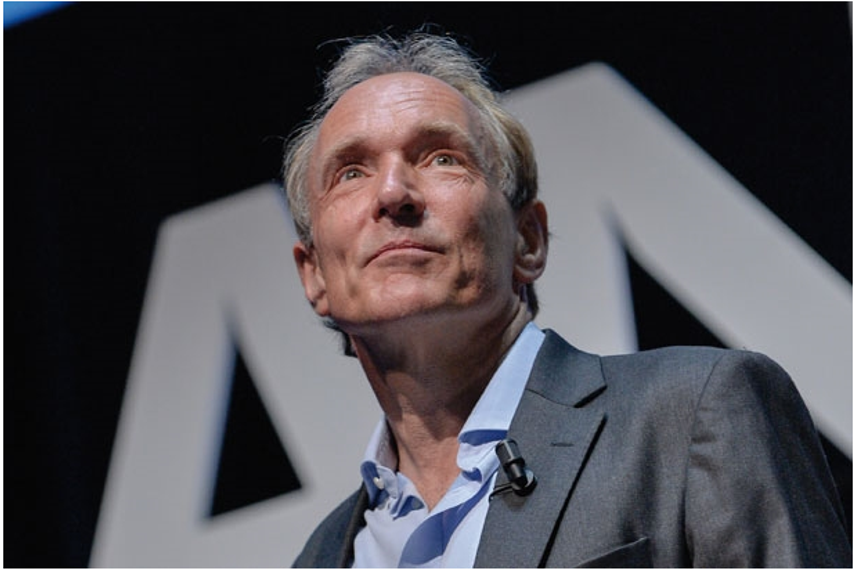
Please sign in or register
Existing users sign in here
Having trouble signing in?
Contact Customer Support at
[email protected]
or call+91 22 69489600
The visionary computer scientist talks about why thinking machines and pixels stand to change everything

Contact Customer Support at
[email protected]
or call+91 22 69489600
Top news, insights and analysis every weekday
Sign up for Campaign Bulletins
The Masterstroke Art Awards will spotlight artists, institutions, and patrons shaping India's cultural identity, with the inaugural edition set for February.
In an era where outrage escalates in minutes, the airline’s December meltdown is a masterclass in what not to do.
While India has massive download volume, only a small percentage are high-value payers.
A phased rollout amplified brand ambassador Jennifer Lopez’s film organically, clocking 30,41,862 impressions and 85,209 engagements beyond the usual endorsement spike.